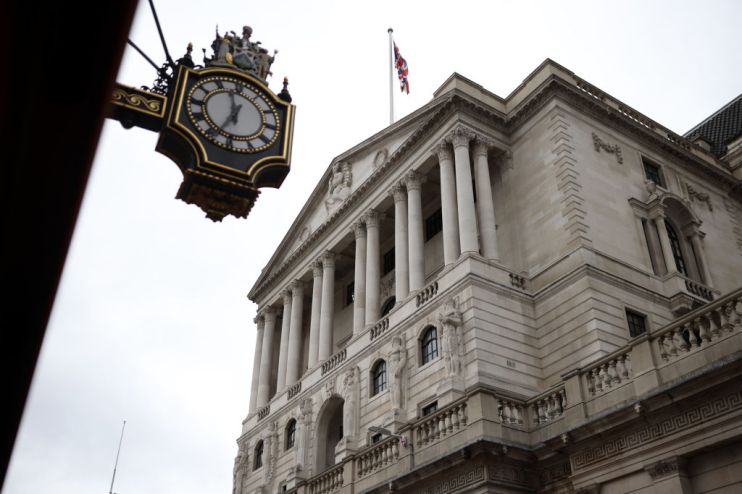Independence is ‘vital’ for effective regulation, say watchdogs

The UK’s top financial regulators have doubled down on their continued independence from political influence today as they warned that pursuing short term growth by “lowering” regulatory standards could threaten financial stability.
In a response to a regulatory report from the Treasury Select Committee earlier this year, the Prudential Regulatory Authority (PRA) and the Financial Conduct Authority (FCA) doubled down on independence and said it was vital to maintaining the effectiveness of financial regulation.
The PRA, which supervises the UK’s banking and insurance sectors, said that regulators should not come under “undue pressure to weaken regulatory standards” or “accept changes that could impede our ability to achieve our primary objectives”.
“This is important not only for the pursuit of safety and soundness and financial stability, but also because the independence of the regulators is an important foundation of our international standing and therefore part of the UK’s ability to remain at the forefront as an international financial centre,” chief executive of the PRA and Deputy governor of the Bank of England, Sam Woods wrote.
In its June report, the Treasury Select committee had underscored the importance of the independence of regulators in the UK and said that the Treasury should “not pressure the regulators to weaken or water down regulatory standards”.
The response from the regulators comes amid suggestions that new Prime Minister Liz Truss may review the role of the UK’s financial regulators over a lack of emphasis on promoting economic growth, with a merger of the City’s watchdogs reportedly under consideration.
But the PRA warned today that letting regulatory standards slip in pursuit of economic growth may “appear to be an attractive tool in the short run” but could “undermine financial stability, and therefore growth, over the long run”.
Secondary objective
The FCA and the PRA have backed a move to include growth and competitiveness as a secondary objective for regulators however, with both watchdogs describing it as striking the right “balance”.
In its response to the report today, the Treasury similarly said that the new secondary objectives of the two regulators would “provide greater focus on the medium to long-term growth and competitiveness of the UK economy.”
The oversight of UK regulators is set for further scrutiny today as MPs debate the new Financial Services and Markets Bill, which includes a package of measures to boost the accountability of regulators to parliament and the Treasury.